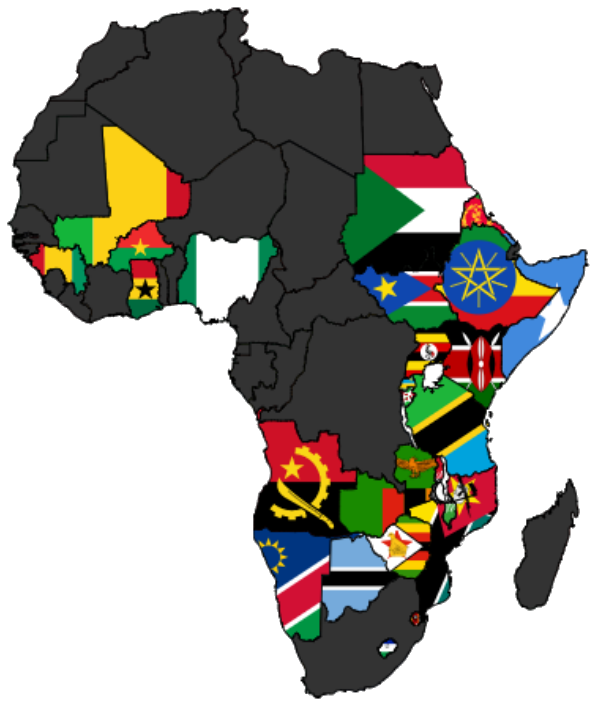Considering that informal cross border trade (ICBT) is a source of income to about 43 per cent of Africa’s population, boosting informal cross border trade on the continent is an integral part of achieving sustainable development.
Further, small and medium-sized enterprises account for around 80 per cent of the region’s businesses. United Nations Economic Commission (UNECA) also indicates that women are estimated to account for around 70 per cent of informal cross border traders in Africa and are exposed to challenges such as harassment, violence, confiscation of goods and even imprisonment.
Traders, often belonging to the same ethnic group or family, have been regularly crossing what are now borders to exchange goods and services, giving rise to intense flows that account for a significant part of the continent’s total trade.
Such trade supports livelihoods and creates employment, including for disadvantaged and marginalized groups. This trade also helps in poverty reduction as it provides trading opportunities for a good number of people.
Cross-border trade is also dominated by agricultural and livestock products, and so is an essential part of food security in many places.
Women have a comparative advantage in the production and regional trade of high-consumption goods such as cassava, cotton, maize or rice. This activity has significant potential not only for strengthening regional integration, due to strong demand, but also provides a platform for accelerating industrialization in Africa.
Women, individual and collective forms, have established themselves as key players in this trade and are real levers for the regional economy. In terms of supply, they play an important dual role. On the one hand, they supply remote and isolated areas through out-of-village trade. They also allow these regions to sell their stocks of agricultural products, on the other.
These commercial activities ensure a certain price regulation (through stock management), making it possible to guarantee access to basic food products to economically disadvantaged communities. It is indeed customary to find women displaying fruits, vegetables and seafood at the edge of roads and main roads that cut across different countries.
Women play a significant role at the macroeconomic level, driving the free movement of products, guaranteeing to a certain extent the exchange of agricultural products between deficit areas and surplus areas.
Studies that were conducted indicate that 74% of informal cross-border trade is conducted by women and for the majority it is their only source of income. In addition, women trade predominately in lower value, low profit products such as maize flour, tomatoes, corn, onions, fish etc. alongside a few other specific products like palm oil, while men sell a wider variety of products, often with a higher value like secondhand clothing, beer, household items and other fast moving consumable goods.
The EAC Partner States have recognized that women make a significant contribution towards the process of socio-economic transformation and sustainable growth and that it is impossible to implement effective programmes for the economic and social development of the partner States without the full participation of women.
However, some cross border women traders across the region do not use available formal systems/structures for most of their transactions most of them do not really understand the benefits gained through signed EAC treaties and protocols and thus miss many of the best opportunities by not utilizing them, for example, when they opt to pass through the porous borders carrying locally produced goods from the neighboring partner State indicate that they are not aware of the issuance of the certificate of origin on official borders.
Notably, removing obstacles to regional trade integration in Africa would be particularly beneficial to the poor, as they carry most of the small-scale cross-border commerce that happens within the continent. The potential benefits include better food security, faster job creation, more poverty reduction, increased tax revenues for authorities, and better long-term developmental outcomes.




